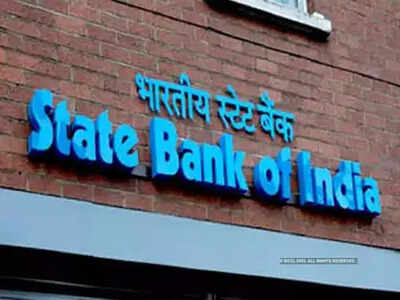ARTICLE AD BOX

SBI Clerk 2025 salary: The State Bank of India (SBI) has once again become the center of attention for aspirants seeking government-backed banking careers, with the release of its SBI Clerk 2025 notification for 6,589 Junior Associate vacancies.
Alongside eligibility and exam details, the salary structure remains the decisive factor driving applications.
SBI Clerk recruitment 2025: Current pay structure
According to official SBI notifications, the starting basic pay for a clerk is Rs. 26,730, which includes two advance increments for graduates. With allowances, the gross salary reaches Rs. 45,888, while deductions of approximately Rs. 6,359 result in a net in-hand pay of Rs. 39,529.Key allowances include:
- Dearness Allowance (DA): Rs. 7,161 (17.20%)
- House Rent Allowance (HRA): Rs. 2,862
- Transport Allowance: Rs. 850
- Special Allowance: Rs. 7,083
- Special Pay: Rs. 1,200
The actual take-home salary can vary depending on posting location, with urban branches offering higher HRA compared to rural postings.
Incremental pay growth
SBI clerks follow a structured pay scale with increments at defined intervals:
| Increment stage | Basic pay (Rs.) |
| Starting | 26,730 |
| 1st Increment | 28,070 |
| 2nd Increment | 33,020 |
| 3rd Increment | 41,020 |
| 4th Increment | 57,400 |
| 5th Increment | 61,800 |
| 6th Increment | 64,480 |
Post-8th pay commission projections
With the 8th Pay Commission expected to revise public-sector salaries, analysts predict a substantial uplift in SBI Clerk pay. Starting basic pay could increase beyond Rs. 30,000, while mid-career clerks may see their basic salary rise close to Rs. 75,000, accompanied by proportional rises in allowances.The revision would enhance the in-hand salary, boosting the role’s attractiveness for candidates balancing immediate remuneration with long-term financial security.
Beyond salary: Perks and stability
SBI Clerks enjoy additional benefits, including pension schemes, medical coverage, leave encashment, and housing support at certain postings. These non-monetary advantages, combined with structured pay progression, reinforce the position’s status as one of the most coveted public-sector jobs in India.



.png)
.png)
.png)
















 7 hours ago
3
7 hours ago
3








 English (US) ·
English (US) ·